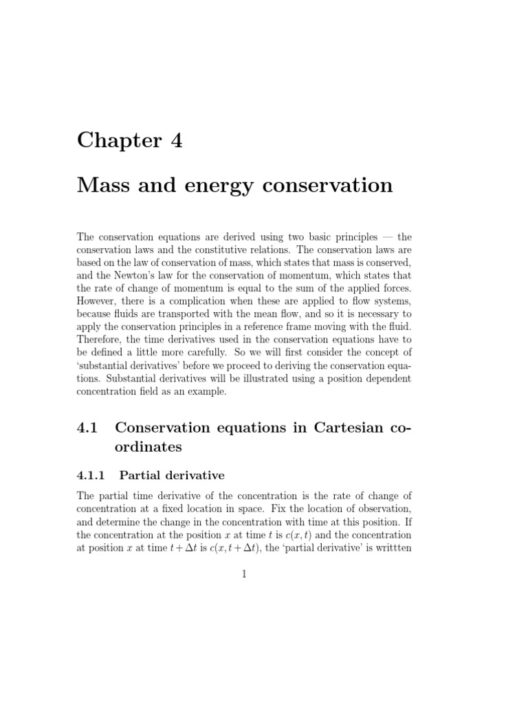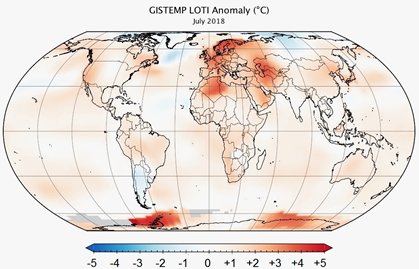In the contemporary discourse surrounding climate change, few figures polarize opinion as profoundly as Marc Morano. An influential climate skeptic, Morano has amassed a considerable following through his relentless promotion of skepticism regarding anthropogenic global warming. But does he truly believe in the phenomenon he vehemently contests? To answer this, we must delve deep into Morano’s role within the climate denial machine.
Morano’s ascendancy to prominence can be traced back to his involvement in the political sphere during the heyday of the George W. Bush administration. He initially gained traction as a communications director for the Senate Environment and Public Works Committee, under the chairmanship of Senator James Inhofe, a well-known critic of climate science. It was during this period that Morano began to craft his narrative, which delegitimized scientific consensus on climate change.
The crux of Morano’s stance is predicated on the assertion that climate models are fundamentally flawed. He often argues that predictions made by climate scientists lack veracity, portraying them as alarmist and politically motivated. This rhetoric circulates widely in conservative media outlets and among right-leaning think tanks, where Morano is frequently lauded for articulating a counter-narrative against presumed climate hysteria.
Morano’s masterpiece, “The Politically Incorrect Guide to Climate Change,” espouses a narrative that questions the motivations behind climate science. He suggests that scientists, driven by self-interest and an insatiable appetite for funding, inflate the dangers of global warming. This contention serves to undermine the credibility of countless researchers who dedicate their careers to understanding climate dynamics, thereby painting them as pawns in a larger political game.
To dissect whether Morano genuinely believes in global warming or operates purely as a spokesperson for climate skepticism, we must consider his methodology. His tactics revolve around what could be termed a tactical dismissal of climate science. This approach combines a selection of anecdotal evidence with heavy reliance on discredited studies, often presenting them as facets of a broader conspiracy against individual liberty and economic growth.
The implications of Morano’s assertions extend beyond mere advocacy for deregulation; they offer a blueprint for a resistance movement against mainstream environmentalism. Through his organization, Climate Depot, Morano disseminates a significant volume of information aimed at discrediting climate-related initiatives. This platform serves as a repository for contrarian viewpoints, often cherry-picking data that supports an anti-climate agenda while neglecting overwhelming scientific consensus.
Scrutinizing Morano’s personal convictions raises an intriguing question about authenticity. His public persona is a tapestry woven from threads of skepticism and controversy. While some may presume that his denouncement of climate science is an indicator of disbelief, it may equally be a strategic choice to perpetuate a specific ideological framework. Such a viewpoint posits that Morano sees himself as a guardian of free thought, standing against what he perceives as ideological tyranny imposed by scientists and policymakers alike.
Another dimension to explore is Morano’s engagement with scientific facts. In various interviews, he often employs a fallacious argument structure, equating short-term weather events or anomalies to broader climate trends. For instance, moments of extreme cold are frequently utilized by Morano to discredit global warming trends, drawing attention away from the long-term increases in average global temperatures. This is representative of a broader tactic employed by many climate skeptics, who manipulate public perception by conflating weather with climate.
Moreover, Morano’s participation in public debates and his prolific media appearances invite scrutiny into his ideological underpinnings. He is a skilled communicator, often employing a blend of jest and indignation to resonate with audiences. His conversational style is deliberately provocative, seeking to challenge the status quo and dominate discourse on climate matters. This behavior raises questions about his core beliefs: Does he reject climate science, or is he perpetuating a narrative because it consolidates his influence and reach?
In recent years, Morano’s assertions have faced mounting criticism from climate scientists, who argue that his rhetoric not only misrepresents scientific evidence but also has far-reaching ramifications for public policy and environmental action. The prioritization of economic interests over ecological sustainability is a thread that runs through his messaging, which ultimately shapes a generation’s understanding of climate issues.
Societal impacts of Morano’s activities are profound, particularly as misinformation proliferates across social media platforms. The battle against climate change is not just scientific but also ideological; to combat climate denial, it is essential to equip the public with accurate knowledge. This underscores the importance of critically evaluating the claims of figures like Morano, whose popularity can often eclipse the empirical evidence presented by the scientific community.
Ultimately, whether Marc Morano fundamentally believes in global warming remains a matter of speculation. His approach to climate science exemplifies a larger, systemic resistance against progressive environmental policies. It serves as a reminder of the ongoing struggle between evidence-based science and ideologically driven narratives. The consequences of this battle will shape the future of environmental policy and global commitments to mitigating climate change.
As the discourse evolves, it becomes increasingly critical for individuals to engage thoughtfully with the information disseminated by climate skeptics. Understanding the mechanisms of climate denial, as exemplified by Morano’s operations, is essential for fostering informed public debate and driving meaningful climate action. In a world facing unprecedented climatic challenges, the time for informed dialogue and transparency on the realities of global warming is imperative.







